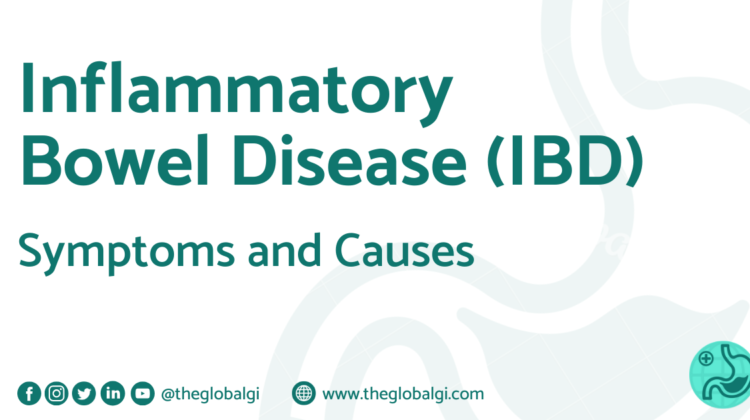
Inflammatory Bowel Disease (IBD): Symptoms and Causes
Do you often feel stomach discomfort, notice changes in your bowel habits, or wonder why you’re losing weight unexpectedly? These could be signs of a condition known as Inflammatory Bowel Disease (IBD). Let’s break it down so you can understand what’s happening and why.
What is IBD?
IBD stands for Inflammatory Bowel Disease, a long-term condition that causes inflammation in your digestive tract. There are two main types:
- Crohn’s Disease (CD): Can affect any part of your digestive tract, from the mouth to the rectum.
- Ulcerative Colitis (UC): Stays limited to the large intestine (colon) and rectum.
Think of it like a fire inside your gut that flares up from time to time, causing discomfort and other symptoms.
What Are the Symptoms?
IBD doesn’t just stay in your belly—it can affect other parts of your body too! Here’s what you might experience:
In Your Gut
- Frequent Diarrhea: More trips to the bathroom, with loose or watery stools.
- Abdominal Pain: Cramping or sharp pain that keeps coming back.
- Bloody Stools: Seeing blood in your poop can be alarming. It’s more common in UC.
- Nausea or Vomiting: Feeling sick to your stomach or throwing up.
- Unintentional Weight Loss: You may eat less or your body may not absorb nutrients properly.
Beyond Your Gut
- Aching Joints: You might feel like you have arthritis, especially in your knees or wrists.
- Skin Problems: Painful red lumps (erythema nodosum) or sores (pyoderma gangrenosum) can appear.
- Eye Trouble: Swelling or redness in your eyes, making them painful or blurry.
- Liver Issues: A rare condition called primary sclerosing cholangitis (PSC) affects your liver.
Why Does IBD Happen?
The exact cause of IBD is still a mystery, but here’s what we know:
1. Genetics: It’s in Your DNA
- If someone in your family has IBD, your chances are higher too.
- Scientists have found specific genes that might increase the risk.
2. Environment: Your Lifestyle Matters
- Gut Bacteria: An imbalance in your gut’s natural “good” bacteria (dysbiosis) might trigger IBD.
- Diet: Certain foods and habits, like high-fat diets or smoking, can worsen the risk.
3. Immune System: Overreacting to Invaders
- Your body’s defense system might mistake harmless bacteria in your gut as threats, leading to inflammation.
- Chemicals called cytokines, like TNF-α, fuel the inflammation.
The Bottom Line
IBD is a complex condition that affects more than just your digestive system. While it may seem overwhelming, understanding the symptoms and causes can help you take control and seek timely care.
If you or someone you know is experiencing these symptoms, don’t ignore them. Talk to a doctor, stay informed, and know that effective treatments are available to manage IBD and improve your quality of life.


